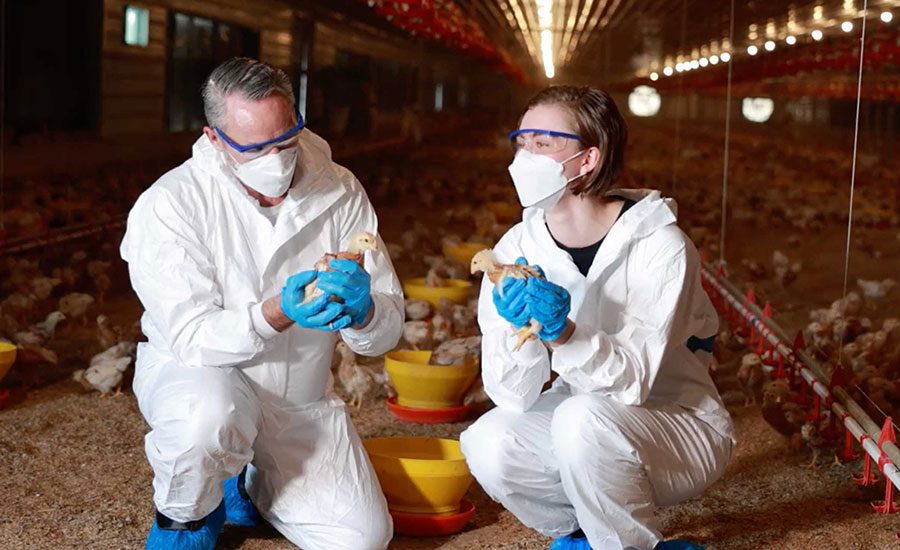The California Department of Pesticide Regulation (DPR) just released the 2014 Pesticide Residues in Fresh Produce report in which the organization declares that, based on testing, the vast majority of fruits and vegetables sold in the Golden State do meet federal pesticide safety standards.
Year-round testing was conducted on 3,500 produce samples, including those labeled as “organic”. Samples were collected from farmers markets, food distribution centers and grocery stores throughout the state of California. Subsequent testing was conducted using California Department of Food and Agriculture’s state-of-the-art equipment, ultimately scanning produce samples for 300 pesticide types.
Standards set by the U.S. Environmental Protection Agency (EPA) allow for a certain maximum level or tolerance of trace amounts of pesticide on a single piece of produce. Any fruit or vegetable that exceeds the EPA’s residue tolerance constitutes a federal violation. Once uncovered, this produce is then quarantined and ultimately prohibited from being distributed while DPR works to identify its source. Businesses that violate California’s pesticide residue laws face loss of their product and also fines.
Based on testing, DPR found that:
- Over 94 percent of all produce samples (California grown and non-California grown) had pesticide residue levels that were legal i.e. at or below EPA tolerances.
- Of those, just over 40 percent had no detectable residues at all, while 53 percent had residues detected within the legal level.
- About 1 percent of the samples had pesticide residues in excess of the established tolerance level.
- An additional 5.5 percent of the samples had illegal traces of pesticides that were not approved for that commodity.
- Produce that most frequently tested positive for illegal pesticide residues in 2014 included ginger from China; cactus pads, cactus pears, limes, papaya, summer squash, tomatillos, chili peppers and tomatoes from Mexico; and spinach and kale from the United States.
DPR director Brian Leahy says that the report “confirms that California’s vigorous pesticide regulatory program creates a reliable marketplace where consumers can have faith in their fresh fruits and vegetables. The pesticide rules and oversight we have in this state are effective at protecting the produce that we enjoy eating.”






